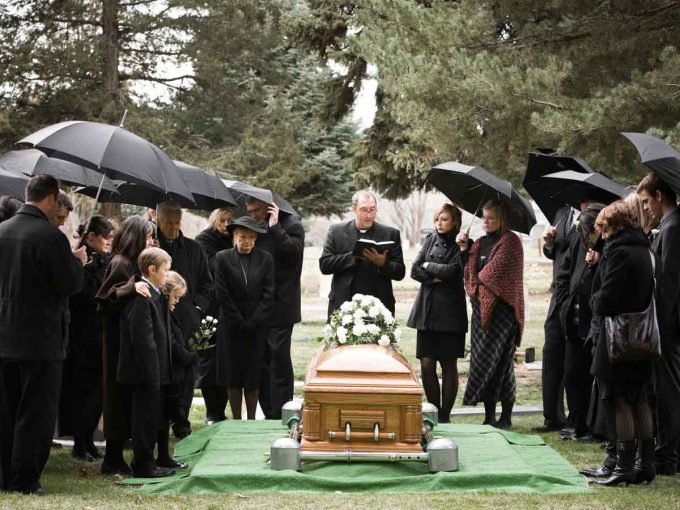Losing a loved one is an experience that profoundly touches us all. It can be an overwhelming journey, filled with grief and countless decisions. This guide aims to provide understanding and comfort during these difficult times, highlighting the critical role of funeral services in honoring and remembering those we’ve lost.
The Significance of a Personalized Funeral
Funerals are not just ceremonies; they are deeply personal tributes that reflect the departed’s life, values, and essence. Personalized funeral services provided by respectable funeral homes, serve several essential purposes:
- A Celebration of Life: Each life is unique, and a funeral offers an opportunity to celebrate this individuality. Whether through music, readings, or specific rituals, funerals allow us to remember and honor the unique qualities of our loved ones.
A Step Towards Healing: For many, funerals provide a structured space to begin the healing process. Being surrounded by friends and family who share your grief can be a powerful source of support and comfort.
A Ritual of Farewell: Saying goodbye is essential in the grieving process. Funerals provide a formal way to acknowledge the loss and begin to let go.
The Role of Funeral Directors
Funeral directors play a vital role in navigating the complexities of loss. They are not just organizers but compassionate professionals dedicated to helping you through one of life’s most challenging times.
- Expert Guidance: With a deep understanding of the intricacies of funeral arrangements, funeral directors provide invaluable guidance, ensuring that every aspect of the service is handled with respect and dignity
- Emotional Support: In addition to logistical support, funeral directors offer emotional and empathetic support, helping families through their grief journey.
- Cultural and Religious Sensitivity: Recognizing the diverse tapestry of traditions and beliefs, funeral directors ensure that each service respectfully honors the cultural and religious preferences of the deceased and their family.
Choosing the Right Funeral Service
Selecting the type of funeral service that best honors your loved one is a profoundly personal decision. Here are some options:
- Traditional Burial: A classic choice involving a graveside service and burial.
- Cremation: Offers flexibility in terms of where and how to memorialize.
- Non-Traditional Services: From beach memorials to services in community halls, the options are as varied as the lives they celebrate.
- Cultural and Religious Services: Tailored to honor specific cultural or religious practices, these services ensure that the traditions of the deceased are respected and celebrated.
Support Beyond the Funeral
The role of a funeral director extends beyond the day of the service. They offer ongoing support and resources to help families navigate their grief and begin the healing process.
- Continued Emotional Support: Offering a listening ear and ongoing emotional support.
- Grief Resources: Providing access to grief counseling, support groups, and literature.
- Memorialization Guidance: Helping families choose meaningful ways to remember their loved ones.
Conclusion
Understanding the importance and role of funerals is crucial in navigating the journey of loss. Funerals provide a final farewell, a celebration of life, support for the living, and a pathway to healing. In these darkest times, the proper guidance, empathy, and respect can transform a moment of grief into a meaningful tribute to a cherished life.
In the end, funerals are more than ceremonies; they are essential rituals that help us process grief, celebrate life, and start on the path to healing. Remember, in your time of need, you’re not alone. There are caring professionals ready to support you every step of the way.

